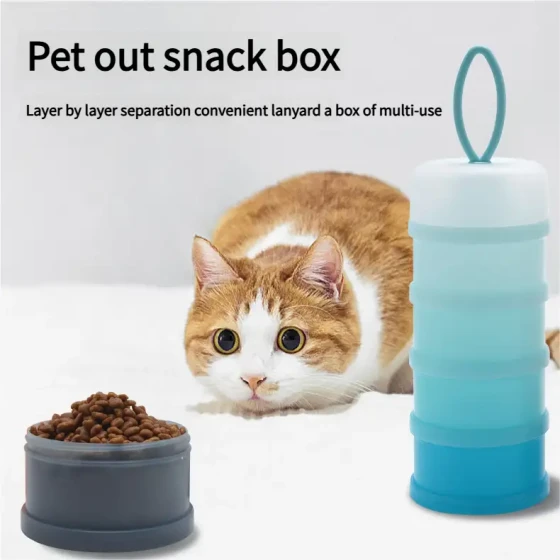Rumenzyme and Yeast Tablets Must Not Be Abused

Oriental Shorthair Cat
Rumenzyme, also called "Biaofeiming," is a live intestinal streptococcus preparation, generally requiring not less than 3 million streptococci per gram. Contrary to many books and publications that record it as lactobacillus, rumenzyme is not lactobacillus. Its pharmacological effect is to use live streptococci to proliferate in the animal's intestines, breaking down intestinal carbohydrates to produce lactic acid, increasing the acidity inside the intestines, thereby controlling the growth and reproduction of other putrefactive and fermentative bacteria in the intestine, and preventing and controlling abnormal intestinal fermentation and excessive gas production. Therefore, rumenzyme is a digestive aid mainly used for intestinal bloating caused by abnormal intestinal fermentation and diarrhea caused by indigestion. Rumenzyme is an intestinal streptococcus, not a lactobacillus. If an animal suffers intestinal flora imbalance after abdominal surgery or antibiotic use post-surgery leads to intestinal flora disorder causing diarrhea, administering large oral doses of rumenzyme to increase bacilli in the intestine to adjust the bacilli-to-cocci ratio will not be effective, and diarrhea will be hard to stop. It is crucial to clearly recognize that rumenzyme is a cocci preparation, not the previously thought lactobacillus preparation, to prevent misuse of the drug.
Rumenzyme contains live intestinal streptococci, and its use must absolutely not be combined with antibiotics or sulfonamides to avoid inhibiting bacterial growth and weakening the effect; dosing should be spaced 2-3 hours apart. It also must not be combined with activated charcoal, bismuth subnitrate, bismuth subcarbonate, tannic protein, or tincture, as these preparations can inhibit, absorb, or kill intestinal streptococci.
Rumenzyme is a live bacteria preparation, and if the product surpasses its expiration date, the number of live bacteria will be very low and should not be used.
Yeast tablets, also called "Shimuseng tablets," contain vitamin B1, vitamin B2, vitamin B6, vitamin B12, folic acid, niacin, inositol, maltose, and some amino acids, and their main effect is similar to complex vitamin B. Clinically, aside from supplementing B-vitamin deficiencies, they only play an auxiliary role for animals with poor appetite and indigestion. Many veterinarians mistakenly consider yeast tablets as digestive aids. Long-term or high-dose administration to animals is harmful and can cause diarrhea and other symptoms. When clinical signs of indigestion appear, it is most important to identify the cause and treat accordingly to achieve better results. Simply administering yeast tablets daily without targeting the cause will not resolve the fundamental problem.
Supplement: Some cats particularly love eating yeast tablets; cat owners should monitor the dosage and not exceed 6 tablets per day. Feed during indigestion, diarrhea, or vomiting episodes, but not regularly. One tablet at a time is sufficient. Human products such as rumenzyme, stomachic digestive tablets, or lactic acid bacteria tablets are also acceptable. (Source:PetsZone)



